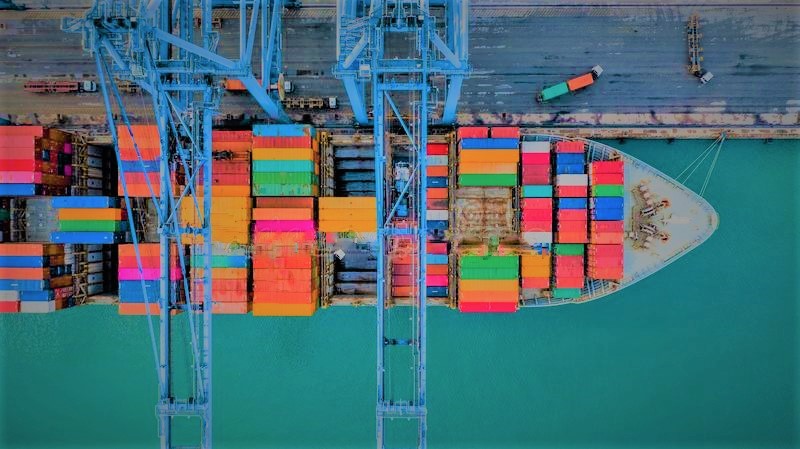Shipping business will switch to greener fuels aiming to meet the International Maritime Organization’s carbon emission reduction targets. The shipping industry attempts to reduce its reliance on oil. Senior executives from shipping and commodities firms said that they will commission more ships powered in part by liquefied natural gas (LNG) next year. They will also ramp up trials for biofuel bunkering in an effort to reduce emissions from ship operations.
The targets include reducing carbon emissions in the shipping industry by 40% from 2008 levels by 2030 and actual greenhouse gas (GHG) emissions by 50% by 2050 by switching to greener fuels.
LNG, methanol, and biofuel are among the most popular alternative fuels
According to industry executives LNG, methanol, and biofuel are among the most popular alternative fuel possibilities. They gathered last week at the Singapore International Bunkering Conference and Exhibition (SIBCON) 2022
For example, Rio Tinto will add nine LNG dual-fuelled Newcastlemax vessels to its fleet. The first delivery is expected in the first half of next year as announced by the company representative. In addition, the company has begun a one-year biofuel trial in order to reduce emissions from operations by 40% by 2025. Its overall decarbonization strategy till now has led to a 30% cut in emissions so far.
The world’s largest container operator, A.P. Moller-Maersk, is committed to using methanol. The company announced the purchase of six more methanol-fueled vessels, bringing the number of such ships ordered to 19.
Biofuel blends with marine oil give greener fuels
More companies are also testing greener fuels like biofuel blends with marine oil, which does not require shippers to make major changes to their existing engines.
TotalEnergies will start providing biofuels as a bunkering fuel to its customers in Singapore next year. Cargill Inc plans to increase biofuel usage in a bunkering trial next year.
However, industry sources say that limited biofuel supplies, a lack of industry standards for guaranteeing the fuel’s quality, and price increases may limit its use in bunkering.
Companies, among other options, have also begun to consider green ammonia for bunkering beyond 2030.
The first ship powered by ammonia may sail off in 2026 or 2027. This is what BHP’s Head of Maritime Fergus Eley hopes. He added that he hoped the fuel would have begun pilot production by then.

